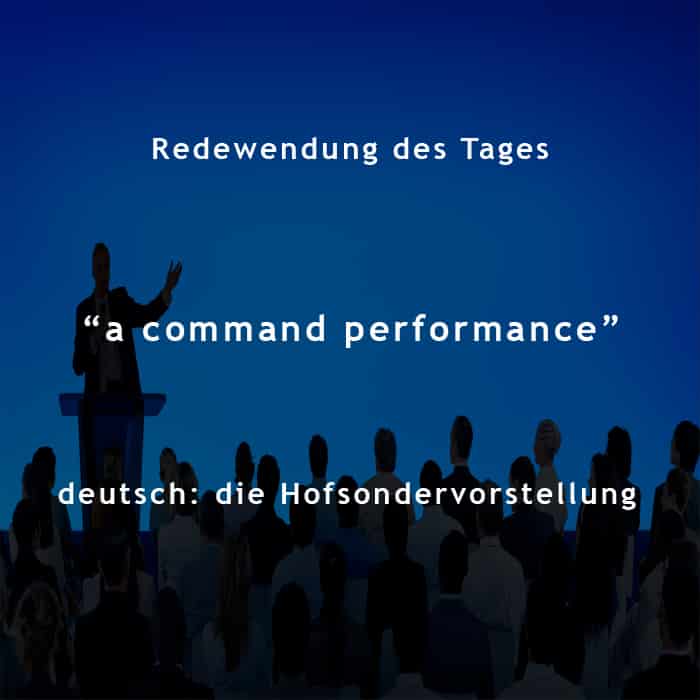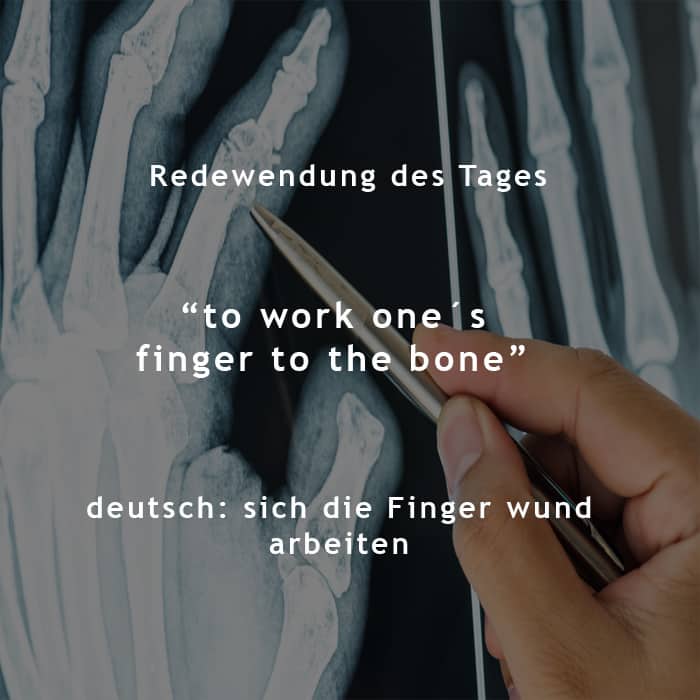A performance review – das Mitarbeitergespräch – is a conversation between an employee and a manager to evaluate – beurteilen – the work performance. By offering feedback and setting goals the employee has the opportunity to improve – sich verbessern. And by identifying the strengths – die Stärken – and weaknesses – die Schwächen – of an employee their performance can be further enhanced – etw. steigern.
In the past companies conducted – etw durchführen – an annual performance review for all their employees. But nowadays companies move towards a more frequent feedback performance management system – with quarterly, monthly or even weekly reviews. This can help detecting and correcting issues early on and avoiding them in the future. Furthermore, it is important for the employee to understand what is expected of them and how their work aligns – etw. anpassen – with larger company goals.
What to do…
Here area few tips for an employee going into a performance review. You can prepare yourself by doing the following:
- prepare notes – have topics prepared you want to discuss, like strengths and weaknesses, accomplishments – Erfolge -goals you have set or ideas that would help you improve
- brainstorm examples – have examples ready of when you improved or of goals you have reached since the last performance review
- self-evaluate – give yourself a mock performance review to prepare yourself, this will help you answer questions
- come with questions – make sure ask everything you want to ask, this also shows a willingness to improve yourself.
…and what not to do!
Here a few things a manager should avoid during a performance review:
- comparisons – this will only turn employees against each other. Its important to focus only on the employee in front of you and their performance, this is not a ranking.
- false praise – of course it is important to say something positive about the someones performance but false praise will not help the employee improve. Its better to be honest and give them a chance to do better in the future.
- speculations – avoid sharing rumours about the company or hinting at a promotion – die Beförderung – when this is not certain yet.
- generalisations – avoid using terms like “always” and “never”. This can make the employee feel defensive and these blanket satements – die Pauschaussage – are usually not true.



